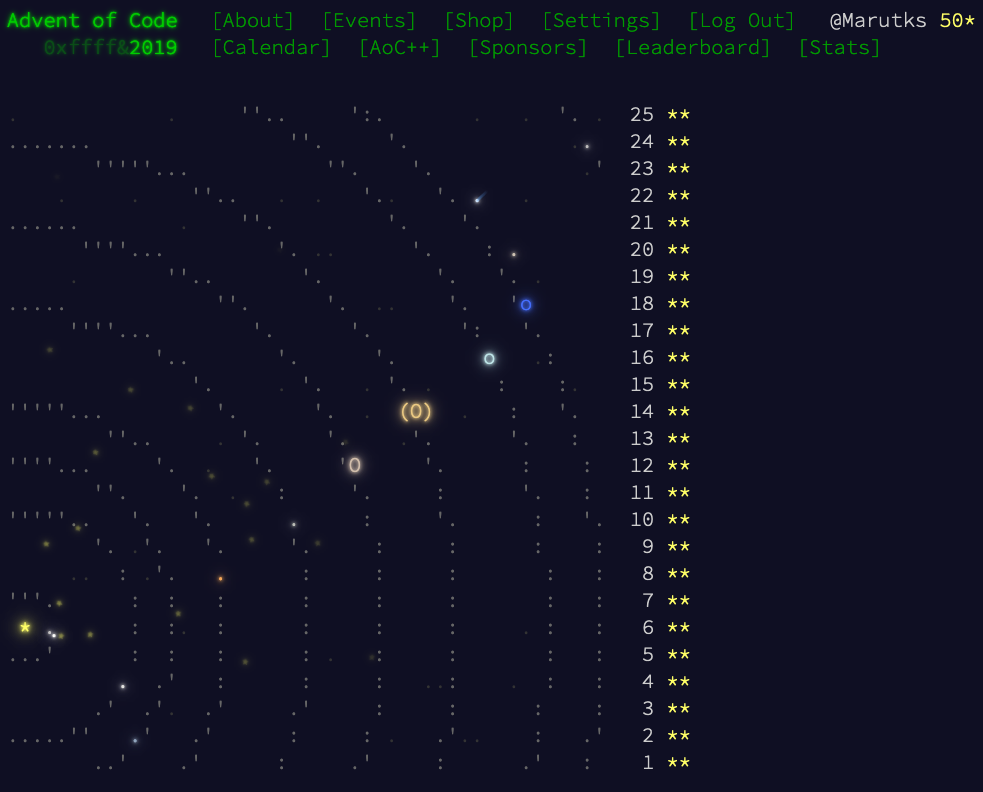Why Common Lisp is great for solving Advent of Code puzzles
Common Lisp excels at solving Advent of Code puzzles due to its powerful features and libraries, particularly the transducers, fset and series libraries.
Transducers
The transducers library offers efficient data processing capabilities ideal for Advent of Code challenges. It allows chaining operations like map and filter without allocating memory between steps, making it memory-efficient for handling large datasets often encountered in these puzzles. Transducers are not tied to specific data types, simplifying data transformation code and offering versatility across different requirements.
FSet
The FSet library in Common Lisp provides functional, set-theoretic collections with several key use cases:
- Immutable Data Structures: FSet offers persistent implementations of functional datatypes, allowing for efficient creation of new collections without modifying existing ones.
- Arbitrary Nesting: FSet collections can be arbitrarily nested, enabling compound types like maps keyed by sets of sequences.
- Heterogeneous Collections: FSet uses a single, global, extensible ordering relation, allowing collections to contain any combination of types.
- Set Operations: The library supports various set operations such as union, intersection, and difference for its collection types.
- Efficient Querying: FSet provides functions for lookup, membership testing, and iteration over collections.
- Thread-Safe Programming: The immutable nature of FSet collections makes them suitable for use in multithreaded environments without the need for explicit locking mechanisms.
- Mathematical Modeling: FSet treats collections as pure mathematical values, making it useful for applications requiring set theory concepts.
- Custom Equality Comparisons: FSet allows associating equality predicates with datatypes, simplifying the creation of efficient, generic data structures.
These features make FSet particularly useful for applications requiring functional programming paradigms, complex data modeling, or concurrent programming in Common Lisp.
Series
The series library combines aspects of sequences, streams, and loops, allowing for expressions that look like operations on sequences but achieve the efficiency of loops. This is particularly useful for generating and processing sequences in a functional style, a common requirement in Advent of Code puzzles.
Key Advantages
These libraries excel at common Advent of Code tasks:
- Efficient data processing: They provide optimized ways to map, filter, and reduce data.
- Sequence generation: Useful for creating ranges or series of numbers.
- Lazy evaluation: Series can work with potentially infinite sequences, processing only what's needed.
Interactive Development Environment
Common Lisp's interactive development environment (REPL) complements these libraries, enabling rapid problem-solving and code refinement. This is crucial when tackling time-sensitive Advent of Code challenges, allowing developers to quickly iterate on their solutions.
Flexibility and Efficiency
Furthermore, Common Lisp's flexibility in handling different data structures and its ability to process large amounts of data efficiently make it well-suited for the diverse range of puzzle types presented in Advent of Code. In conclusion, Common Lisp's powerful features, including the transducers and series libraries, combined with its interactive development environment, make it an excellent choice for efficiently solving Advent of Code puzzles.
Advent of Code 2019
